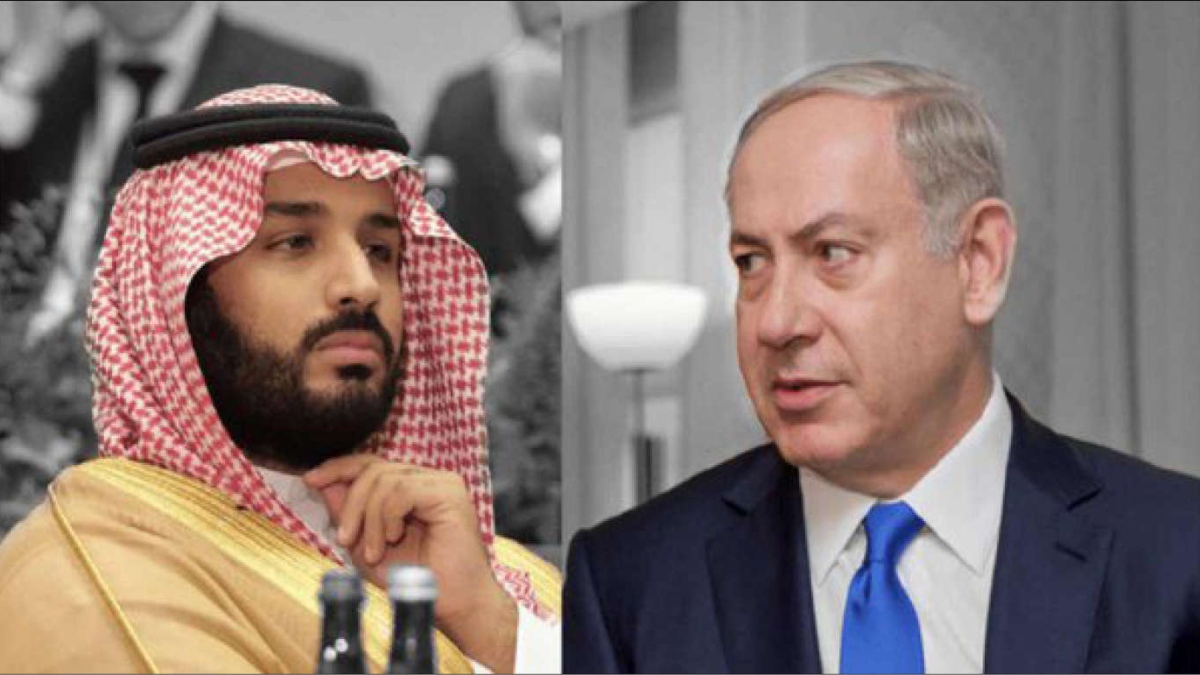


After the United Arab Emirates, Bahrain and Sudan have established diplomatic ties with the Jewish state of Israel, will it now be the turn of the Kingdom of Saudi Arabia to do so? The signs are auspicious.
There was a time that the kingdom functioned as one of the two key centres of radical Islamism, the other being Iran, in the Middle East. Its religious establishment invested billions of dollars into like-minded organizations around the world to wipe out the pluralist version of Islam and replace it with some singular, fanatical, one religion. In the 9/11 episode, 15 of the 19 hijackers were from Saudi Arabia. Later, several thousand Saudis joined the Islamic State. The Saudi government allegedly funded some notorious Islamic State fighters. The kingdom had little respect for the rights of its own citizens, women and minorities in particular.
The Saudi scenario is no longer so. Saudi Crown Prince Mohammad bin Salman, the country’s de facto ruler, wants to project modernist, democratic ideas. MBS has, of late, encouraged the kingdom’s religious education system to replace its “extremist narratives of Islam” with “moderate ones”. Following him, the Imam and Khateeb of Masjid Al Haram in Mecca and chief of the General Presidency for the Affairs of the two Holy Mosques, Abdulrahman as Sudais now stresses that the Prophet Muhammad had friendly relations with the Jewish people. In the past, the same Sudais would describe the Jewish people as the “killers of prophets,” “the scum of the earth,” “monkeys and pigs,” and so on.
In 1947, Saudi Arabia voted against Israel in the United Nations Partition Plan for Palestine. It sent its troops to fight against Israel in the 1948 and 1973 wars. In contrast, in recent years, there have been extensive behind-the-scenes diplomatic and intelligence cooperation between Riyadh and Jerusalem. Saudi and Israeli officers have met in the joint war room coordinated by Jordan and the United States.
Also, the dominant mood across the public spectrum in Saudi Arabia is in favour of economic development and regional peace. It favours normalization of relations with Israel. With the advent of the communication revolution and social media, more and more people in Saudi Arabia are now coming to know about the real secular, benevolent nature of Israel. They seem to be convinced that Saudi Arabia’s normalization of ties with the Jewish state would pave the way for stronger political, economic, and military cooperation among the nations in the Middle East and foster multi-faceted development in the entire region.
Sources say that but for the tacit consent of the Saudi Kingdom, the United Arab Emirates, Bahrain and Sudan would not have established ties with Israel. Riyadh has warm relations with all these nations. When the UAE signed the US-brokered Abraham Accord with Israel, Saudi Arabia and Bahrain approved it by opening their airspaces to flights from the Jewish state.
Earlier, when the Saudis decided to sever their ties with Iran (after Iranian demonstrators set on fire the Saudi embassy in Tehran in protest over the execution of a Shia cleric), the United Arab Emirates, Bahrain and Sudan followed suit .
Saudi Arabia and the UAE share extensive political and cultural ties with each other. They collaborated closely during the 2017-18 Qatar diplomatic crisis and backed anti-Muslim Brotherhood regimes in Libya, Tunisia and Egypt.
Saudi troops helped Bahrain quash mass anti-government protests in 2011. Pertinently, Bahrain had been waiting for a conducive regional atmosphere to have diplomatic ties with Israel. Bahrain has been home to many Jewish people. It was the first and, so far, the only Arab state to appoint a Jewish person as its ambassador to the United States.
There has been a sea change in Saudi-Sudan ties since the 2015 Yemeni civil war. Sudan expelled Iranian diplomats from the country and sent troops to fight alongside Saudi troops in Yemen against the Houthis. Sudan is no longer under an authoritarian regime led by Omar Bashir who had come to power in a military coup in 1989.
Most importantly, Saudi Arabia and Israel perceive common threats in Iran, Turkey, Hezbollah and the Islamist extremist insurgents. In September 2019, Iran attacked Saudi oil-producing facilities and paralysed a considerable part of its oil industry. The reformers in the kingdom may be calculating that diplomatic relationship with Israel, arguably the most powerful military power in the region, could be the best answer to meet this threat.